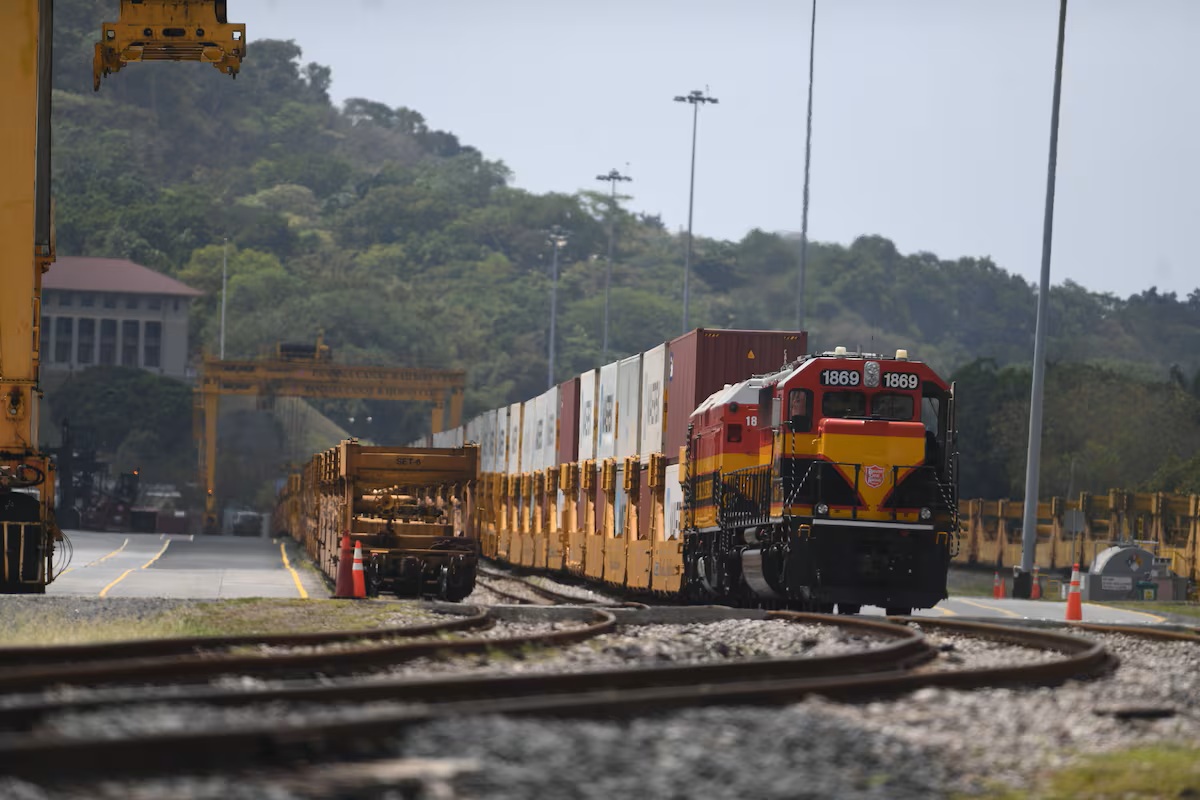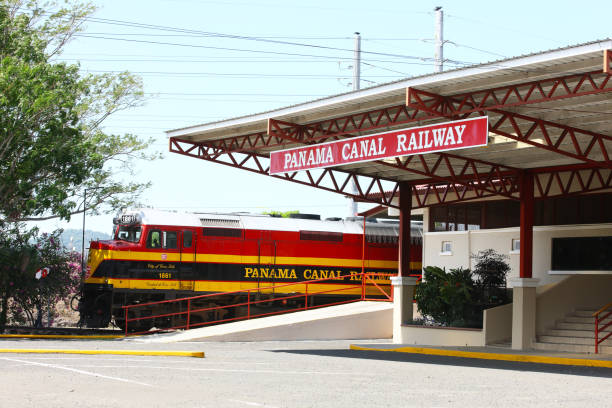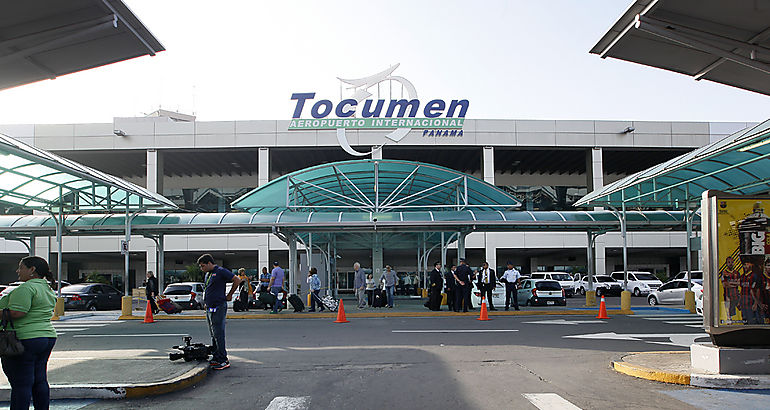There is much Optimism in Panama over Maersk Division’s Purchase of the Panama Canal Railroad

The entry of APM Terminals (APMT), an independent division of the Maersk shipping company, as the new operator of the Panama Canal railway is generating optimism in the Central American country, given the expectations that this strategic step by the Danish giant will favor the competitiveness and expansion of the Panamanian logistics and port system. The transaction amount between APM Terminal and Canadian Pacific Kansas City Limited and Lanco Group/Mi-Jack, the concessionaire of the freight and passenger train through the Panama Canal Railway Company (PCRC) since 1998, has not been disclosed.

But this operation comes at a time when another negotiation of great impact on the Panamanian logistics and port system is developing, albeit amid setbacks: the transfer of control of the concession of two of the five ports around the Canal to a consortium formed by the American asset manager BlackRock and Terminal Investment Limited (TiL), the port arm of the shipping giant MSC. In fact, APM Terminals’ acquisition of the railway, the only one in Panama, inaugurated in 1855 and renovated in 2001, was announced on April 2, when Hong Kong-based CK Hutchison was due to close the sale of the ports of Balboa (Pacific) and Cristóbal (Atlantic), which did not materialize due to the opening of an investigation by the Chinese antitrust regulator.
A Strategic Move
Former Panama Canal administrator Jorge Quijano (2012-2019) described in a comment that APMT took control of the 76-kilometer railway line connecting the Pacific and Atlantic coasts as an “interesting move.” With this, the expert explains, trans-isthmian rail transport remains “in the hands of the group, since Maersk Lines is the main user” of the port of Balboa, a terminal that, if the transaction between CK Hutchison and BlackRock-TiL is successful, will be operated by the Danish shipping company’s main competitor, the Mediterranean Shipping Company (MSC). Quijano indicates that the arrival of APMT as the railway operator also opens the opportunity for the Panamanian government to “negotiate more favorable terms” for the concession, “which extends until 2048,” according to the former Canal administrator.

APM Terminals noted that PCRC operates a railway adjacent to the Panama Canal, primarily facilitating cargo transportation between the Atlantic and Pacific Oceans. In 2024, the company generated revenue of $77 million and EBITDA of $36 million. APM Terminals CEO Keith Svendsen said in announcing the takeover of the railway that the PCRC was “highly recognized for its operational excellence” and represented “a compelling infrastructure investment in the region, aligned” with his company’s core “intermodal container transport services.” The operation of the Panamanian railway “will provide us with an important opportunity to offer a broader range of services to our global shipping customers,” Svendsen added. Last March, Quijano recalled that the purchase and sale of the two ports involving MSC could perhaps encourage Maersk, the Canal’s main client, to seek an investment opportunity in a new port, as it attempted to do years ago with the failed Corozal project promoted by the canal administration.





